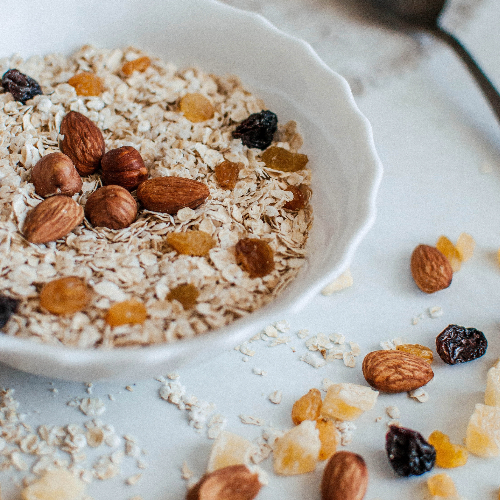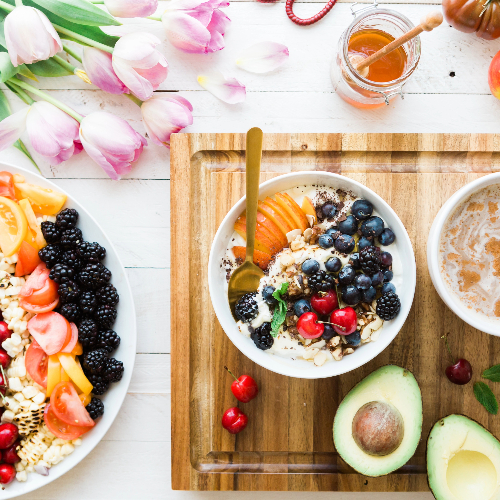Hormones play a pivotal role in regulating various bodily functions, including metabolism, reproduction, and mood. The balance of these hormones can be significantly influenced by what we eat. This article explores the connection between nutrition and hormonal balance and outlines dietary strategies to promote hormonal health.

Understanding Hormonal Balance Hormonal balance refers to the optimal functioning of hormones in the body. Hormones are chemical messengers that impact our energy levels, weight, mood, and overall health. An imbalance can lead to a host of issues like weight gain, stress, fatigue, and reproductive health problems. Nutrition is a powerful tool in maintaining this delicate balance.
Foods Rich in Omega-3 Fatty Acids Omega-3 fatty acids are crucial for hormonal health. They help reduce inflammation, which is often linked to hormonal imbalances. Foods like salmon, flaxseeds, chia seeds, and walnuts are excellent sources of omega-3s and should be a regular part of a hormone-balancing diet.
High-Fiber Foods Fiber plays a key role in balancing hormones, particularly insulin, which regulates blood sugar levels. High-fiber foods like whole grains, vegetables, fruits, and legumes can help maintain steady blood sugar levels, preventing spikes and crashes that can affect hormonal balance.
Phytoestrogenic Foods Phytoestrogens are plant-based compounds that mimic estrogen in the body. Foods rich in phytoestrogens, such as soy products, flaxseeds, and sesame seeds, can be beneficial, especially for women experiencing menopausal symptoms due to estrogen fluctuations.
Cruciferous Vegetables Cruciferous vegetables like broccoli, cauliflower, and Brussels sprouts contain indole-3-carbinol, which helps regulate estrogen metabolism. Including these vegetables in your diet can support hormonal balance, particularly in relation to estrogen.
Quality Proteins Proteins are essential for hormone production. Lean meats, fish, eggs, dairy products, and plant-based proteins like quinoa and legumes provide the amino acids necessary for hormone synthesis and function.
Healthy Fats Healthy fats, particularly those high in medium-chain triglycerides (MCTs) like coconut oil, are important for hormonal health. They provide the necessary building blocks for hormone production and can aid in maintaining hormonal balance.
Avoiding Processed Foods and Sugars Processed foods and high sugar intake can disrupt hormonal balance. These foods can lead to insulin resistance, increased inflammation, and hormonal fluctuations. Focusing on whole, unprocessed foods can help maintain hormonal equilibrium.
Micronutrients for Hormonal Health Certain vitamins and minerals, such as vitamin D, B vitamins, zinc, and magnesium, are critical for hormonal health. A balanced diet rich in fruits, vegetables, nuts, seeds, and lean proteins can provide these essential nutrients.
Hydration Proper hydration is essential for cellular function, including hormone production and release. Drinking adequate water throughout the day can support overall hormonal health.
In conclusion, the relationship between diet and hormonal balance is significant. Incorporating omega-3 fatty acids, high-fiber foods, phytoestrogens, cruciferous vegetables, quality proteins, healthy fats, and essential micronutrients, while avoiding processed foods and sugars, can support hormonal health. A balanced, whole-foods-based diet is key to maintaining hormonal harmony and overall well-being.



